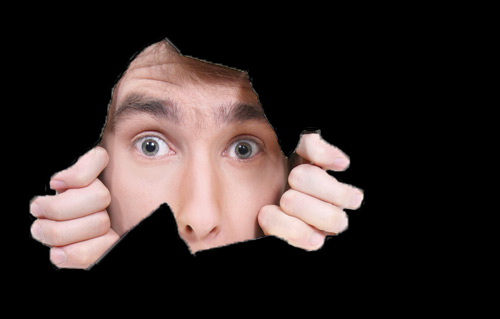Dental Anxiety Support
Why Are People Afraid To Go To The Dentist?
Let’s first explore what fear is and where it comes from. Fear is an unpleasant emotion brought on by internal or external events that seem to pose a threat to our physical or mental well being. It is often triggered by unknown or not easily identifiable causes. Fear becomes a problem because it causes physical discomfort. When we have a threatening thought, some form of discomfort immediately follows. For example, the thought, “I need to get a needle,” is usually followed by tension somewhere in the body. This is usually triggered by the memory of a bad or traumatic experience. What makes this physical discomfort especially difficult is the feeling we have no control over it. Feeling a loss of control can limit us from dealing with the fear-provoking situation.
What are the Physical Costs of Dental Fear?
Dental fear has negative consequences for both patient and dentist. For many patients, the dental experience is emotionally unsettling and physically uncomfortable. Patients handle fear by making and frequently breaking appointments, by being late (hoping treatment can’t be done as a result), and by not making payments in a timely manner. They may become angry with the dentist, become distressed, and delay or not accept needed treatment. Preventive home care might be neglected, and routine office visits avoided. Dental emergencies, greater dental expense, unnecessary tooth loss, unattractive smiles, bad breath and more complicated dental treatments ordinarily result.
In some situations, as the dentist treats the mouth, patients frequently feel defenseless. These feelings of vulnerability cause significant dental fear. Considering the intrusive nature of many dental procedures, anxious feelings arise more easily. These feelings can negatively affect the connection that develops between that person and the dentist. We have heard so many people say, “no offense Doc, but I hate the dentist!”
Because of the physical closeness of the dental procedures some patients become claustrophobic. Difficult dental treatment experience and difficult relationships with previous dentists can cause a significant increase in a patient’s dental fear. We all have our own sense of personal space. And when hands and tools enter the mouth, as they must, the feeling can get claustrophobic.
How To Eliminate The Fear
The most significant factor in reducing dental fear is the ability of the dentist and staff to quickly develop a connection with each patient. With a connected relationship the patient feels understood, and as safe as he or she can. Knowing how to ask the patient what he or she is thinking, what they are feeling or want is crucial to developing a connection. By eliciting this information, the dentist can respond to each patient appropriately and meaningfully.
In addition, a connection with each patient is fostered when the dental office environment is relaxed, well organized, and the staff is friendly, warm and caring. Immediately responding to a patient’s disclosure that they are anxious with an explanation about how you can manage their fear, helps reduce fear. The following is basically what we tell an anxious patient.
There are a few things you should know that can help to eliminate your fear:
You can use simple exercises that will get rid of the physical discomfort that is caused by fear ~ The physical discomfort we mean is a tense area in your stomach or your chest or your neck. This uncomfortable feeling is screaming at you, not to do whatever is causing you to feel anxious.
Also, it is important for you to know that everyone in the office is interested in making this a comfortable experience for you. That may be as valuable as all the things we already mentioned.


